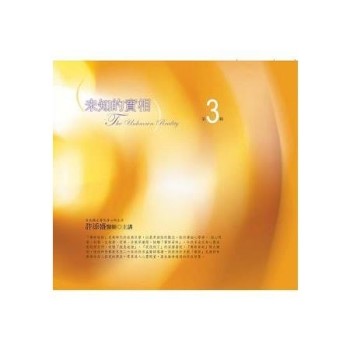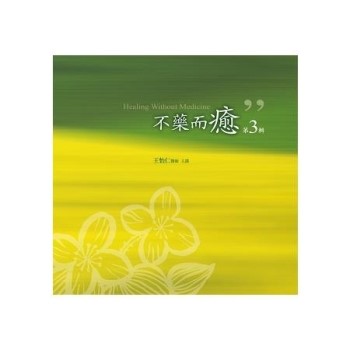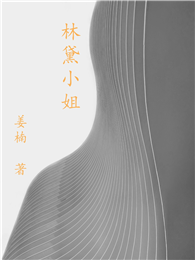This book of autobiographical, autoethnographic illness narratives tackles the intersection between cultural and medical illnesses in present-day Lebanon, in relation to topical issues such as queer home, coming of age, dementia, expatriate trauma, and sexual blackmail, among others. The book’s essays are developed in the backdrop of Lebano-pathography - a dual, potentially adaptable and reusable, narrative intervention (form/method) that does not depoliticise the traumatic subject. Simultaneously, it is a body of writing (text) that seeks to illuminate the different ways one can be ill, and try to recover, in present-day Lebanon.
While somatic manifestations of illness and their concomitant patient accounts are central to previous research in narrative medicine and illness writing, Lebano-pathography underscores a more versatile interpretation of illness encompassing cultural practice and/or clinical disease, and exploring in critically informed autobiographical text the two illness categories’ causal interrelationship. In the backdrop of the cadaverous political grid and economic tensions rending the country since the national tragedy of the August 4, 2020 explosion of Beirut Port, this volume unpacks the following thematic clusters: (1) Rewriting Illness: Pathographies of Gender and Sex; (2) The Alzheimer Spectrum: Cognitive and/or Cultural Memory Failure; (3) Walking the City: Medical Malpractice, Pedestrian Injuries, and Claustophobia; (4) The Bones Within: Immigrant Narratives and Vicarious Trauma; and (5) Surviving Trauma: Coping and Mental Health.
The chapters in this book were originally published in Life Writing and are accompanied by a new conclusion.

 看圖書介紹
看圖書介紹










